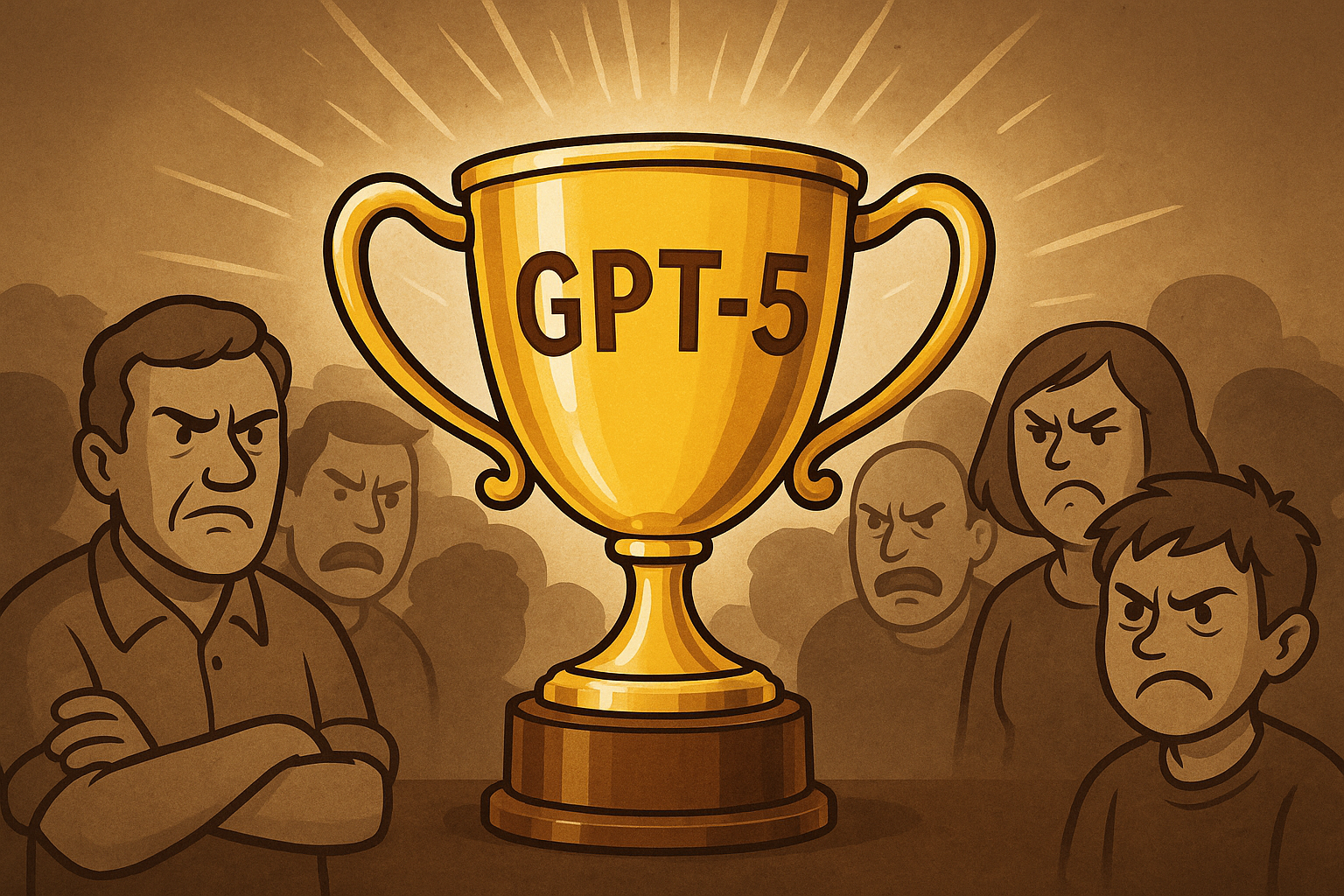The Lean Startup: Zen, the Art of Failing Fast and Reclaiming Aesthetic Vision
Eric Ries’ The Lean Startup is a book that launched a thousand pitch decks and at least as many pivot memos. Like a business Koan muttered in a WeWork hallway, it proposes a seductive paradox: you can fail your way to success, as long as you do it efficiently.
Born from the ashes of dot-com hubris and blessed by the secular gods of agile methodology, The Lean Startup is part therapy, part religion, and part user manual for aspiring founders trying to manufacture certainty out of vaporware.
It’s the book you read right after watching The Social Network, and right before discovering that no one wants your MVP except your mom.
At the heart of the book is a mantra that Ries repeats with the fervor of a Silicon Valley monk: Build, Measure, Learn. It sounds deceptively simple, like IKEA instructions for innovation. But beneath it lies a powerful idea: you don’t need a perfect product, you need a testable one.
Start with a Minimum Viable Product (MVP), unleash it on the world, gather data, and then crucially listen to that data. If no one wants your feature, kill it. If users find a weird use case you didn’t expect, embrace it. If nothing’s working, pivot. The only sin is building in a vacuum.


















